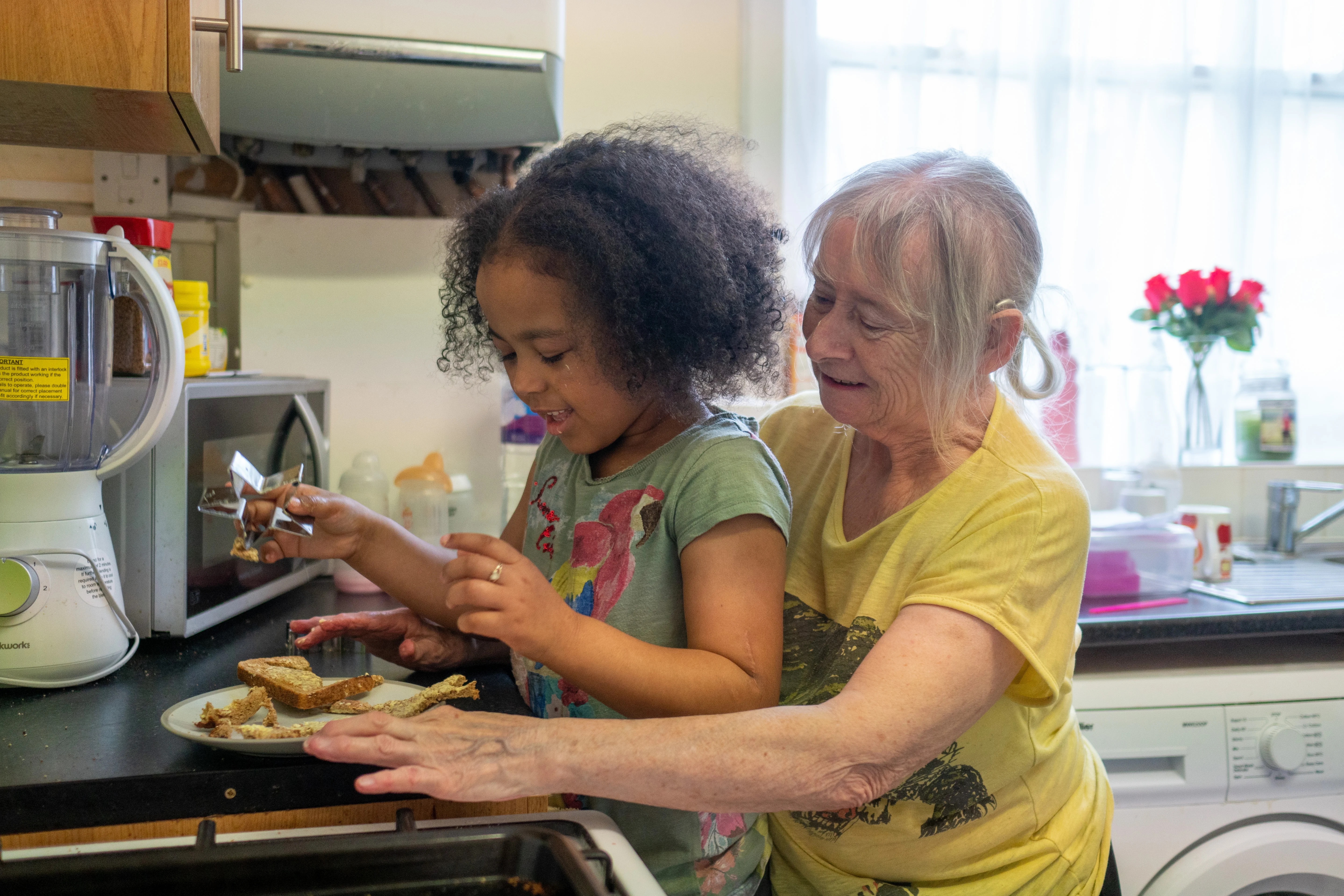
Tuesday 10th September 2024
International Day of Older Persons: a day of motivation and change
Louise Morse
It’s been a grim few months for Britain’s older people, with the Government announcing that winter fuel allowances for pensioners will not be paid to all this year, but only those claiming benefits, and that they’re also considering scrapping the 25 percent housing rates’ discount for people living alone – who are usually older people, mostly women. So, the news that 1st October has been declared International Day of Older People with the aim of highlighting their worth should be encouraging. A quick skim of the internet shows many Local Authorities (LAs) are organising events. Age Friendly Leeds is hosting a creative showcase for the day, with the theme ‘The part we play: Celebrating the integral role of older people in our communities.’ Without realising what they bring to our communities and society as a whole it’s easy to devalue older people and see them only as a burden. Tuesday 1st October could be a day to put the record straight. There should be huge billboards lining our motorways as they do alongside American freeways proclaiming, ‘Older People – This is what they do!’
Older generations pay their way
Most news recently in the media about older people are about the cost of pensions, social care, and other state ‘hand-outs’. But independent research shows that instead of being a drain on the Exchequer, the older generation actually make a net contribution. In March 2011, the WRVS commissioned a detailed analysis of the socio-economic contribution made by older people to the UK economy entitled Gold Age Pensioners. It was the first time this research had been done and showed that far from being a drain on resources, older people contribute hugely to the economy through their taxes, both national and local, their formal and informal volunteering, and through unpaid caring and wider contributions as a result of their spending.
In 2010 the overall cost to the Exchequer of providing pensions, age-related welfare payments, benefits and health services was £136.2bn. The revenues from older people, either financial or otherwise, amounted to £175.8bn. The overall net contribution by older people to the economy was therefore almost £40bn a year – and estimated to rise to almost £75bn by 2030.
Wind up to the present when findings from a March 2023 Saga report show that ‘The experienced economy’ is a net contributor with people over 50 contributing £602 billion to UK plc every year – equivalent to 26% of the total gross value added in 2021. Even with costs such as health and social care, pensions, and welfare deducted, the over 65s still drive a surplus of £23 billion every year. The Government saving on cancelling the winter fuel allowance will be a mere £3.5 billion.
Saga is one of the organisations that emphasises the value of the voluntary work the generation does. It says ‘Grandparenting’ alone equates to a direct contribution of £55 million each year. 6 million people over 50 do voluntary work, amounting to £11 billion in direct economic value every year. There are around 9.1 million informal carers over 50, contribution £54 billion each year. 44% of individuals over 50 make regular donations to charity, averaging £162 per month and £2 billion a year.
These are all statistics and figures. They don’t show how the older generation are the glue that holds society together, or how grandparents help youngsters develop their sense of ‘intergenerational’ self and of belonging. They don’t show how older people love to encourage the younger, or how much they appreciate the kindness of the young towards them. They don’t show how volunteers bring their talents and friendship to people living in our care homes. They don’t show how most Street Pastors are older people, out there caring for the young at all hours of the night. If you are a volunteer, know that the One who keeps a record (Romans 14: 11-12) has a note of it!





































